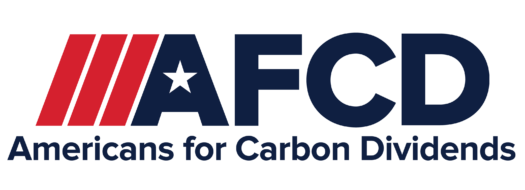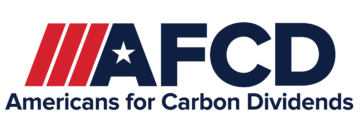Carbon Fee Group Launches Ad Campaign, Hopes For a Bill
By Nick Sobczyk
Americans for Carbon Dividends is launching a six-figure advertising campaign to pitch the public and policymakers in Washington, D.C., on its carbon fee and dividend proposal.
The group’s digital ads will start online on Fox News, The Wall Street Journal, The Washington Post and social media, targeting “thought leaders and influencers” inside the Beltway, Ted Halstead, CEO of Americans for Carbon Dividends, said in an interview.
The ads are paired with a refurbished campaign-style website to promote Americans for Carbon Dividends, the lobbying and advocacy sister organization to the Climate Leadership Council.
Ultimately, Halstead said, the group is hoping to get a bill introduced this Congress modeled after the Baker-Shultz carbon fee and dividend plan, the brainchild of former Republican Cabinet officials James Baker and George Shultz.
“For us, it’s a significant next phase of the campaign because it’s a far more public phase of the effort, where we’re driving home that our plan offers a bipartisan way forward,” Halstead said.
The campaign is tinged by the backdrop of the Democratic presidential primary, as well as a larger rhetorical flip on climate in the Republican Party. The business community has also ramped up its efforts in recent months as climate politics get a bigger public spotlight.
In Halstead’s view, there are essentially two forms of mainstream climate policy — far left, as exemplified by the Green New Deal, and center left, where many of the Democratic presidential candidates have settled in on the campaign trail.
Many of those candidates have embraced some form of carbon pricing, but they’ve done so “within a heavy-handed regulatory framework with some distinctly anti-corporate overtones,” Halstead said.
Meanwhile, Republicans are increasingly looking for climate policy to bring home to voters, amid polling from all angles that shows a striking opinion gulf between the congressional GOP and younger voters on climate.
And major trade organizations such as the U.S. Chamber of Commerce have started to change their messaging on climate issues, as the business community writ large pushes them to get in line with the general public on climate (E&E Daily, June 11).
The ad campaign aims to capitalize on those political forces and popularize the Baker-Shultz plan pushed by CLC and Americans for Carbon Dividends as a corporate- and Republican-friendly alternative to climate policy in D.C. circles.
“We see a profound unmet need and opportunity for a bipartisan alternative going into the 2020 election,” Halstead said.
The proposal would tax carbon emissions starting at $40 per ton and return the fee to the public via monthly or quarterly dividend checks. In exchange, it would roll back certain greenhouse gas emissions regulations, such as those for stationary sources.
It’s supported by a wide variety of companies, including oil majors, a handful of which have given modest sums to bolster Americans for Carbon Dividends’ lobbying and advocacy efforts.
BP PLC, Royal Dutch Shell PLC, Exxon Mobil Corp. and ConocoPhillips have all pledged financial support to the lobbying push, albeit in small sums relative to their overall lobbying and political budgets.
Their support has caused Democrats and progressives to criticize the Baker-Shultz plan as a cop-out for companies that feel that regulatory policy could be inevitable — and damaging to business — if they don’t get involved more heavily in the climate debate.
And Halstead acknowledged they’re still looking for a GOP breakthrough, with many Republican lawmakers content to support clean energy research without going as far as saying they would price carbon.
“What’s going to be required is a Republican jailbreak moment where a number of members come out together, and that will make the issue safer for more concentric circles of leaders to come forth,” Halstead said.
But the group — like other centrist organizations, such as the Citizens’ Climate Lobby — is nonetheless hoping it can fill the middle in U.S. climate politics.
“What we’re putting forward is the third lane in U.S. climate policy, which is the bipartisan way forward,” Halstead said. “And that’s what has been missing to date.”
Read the full E&E News article here.


